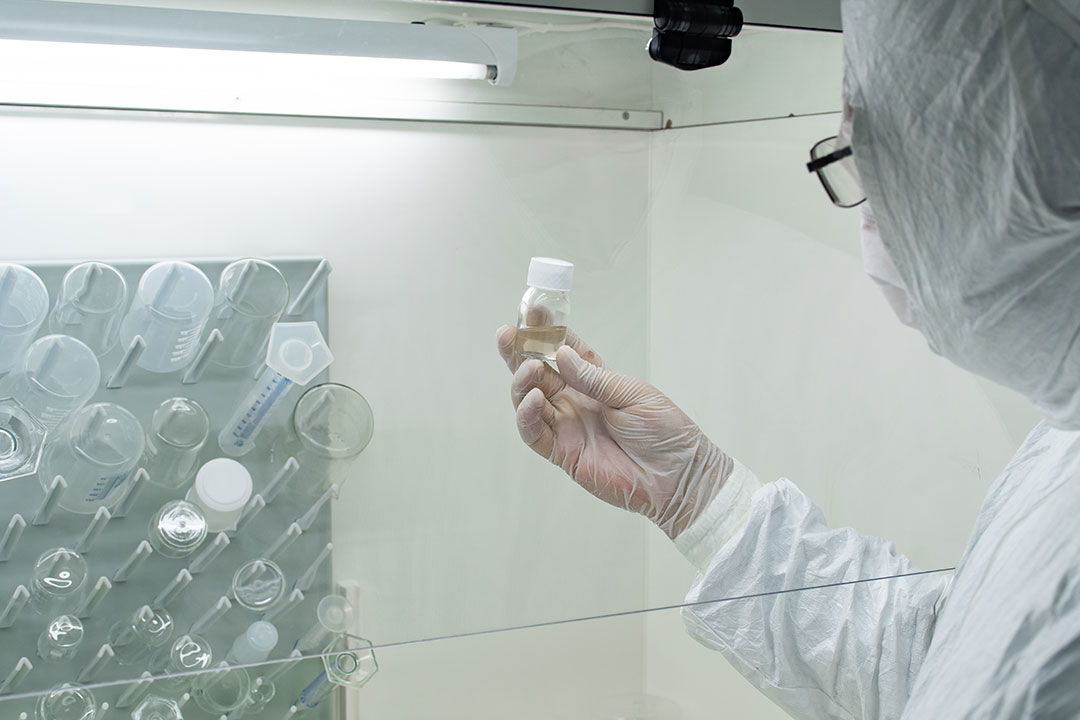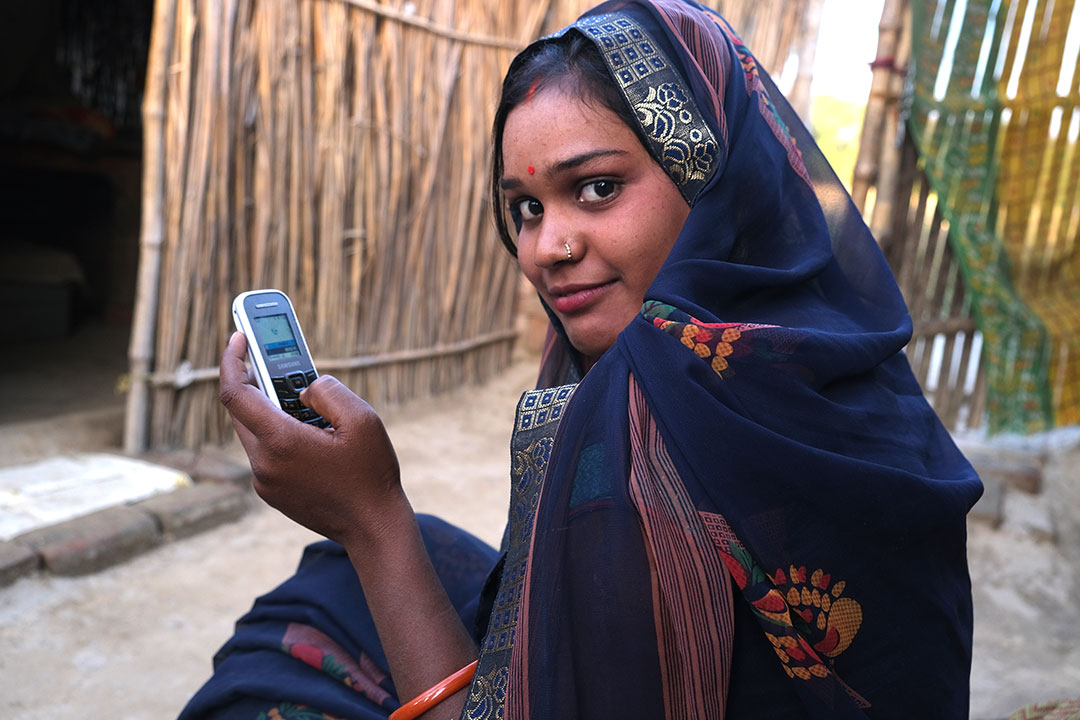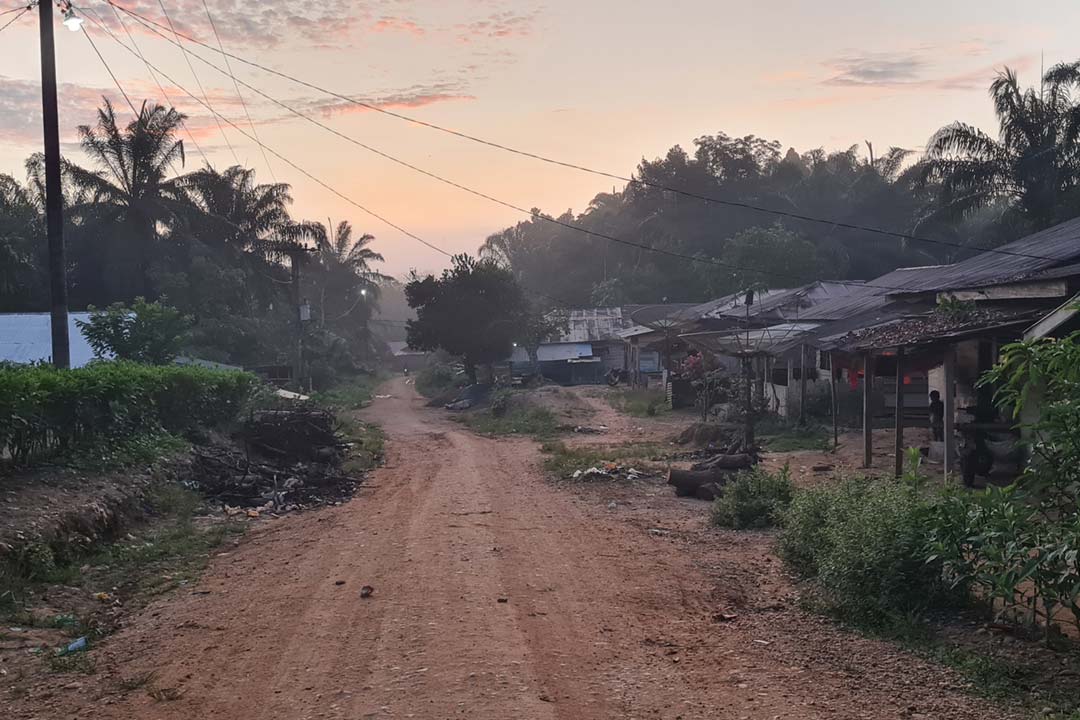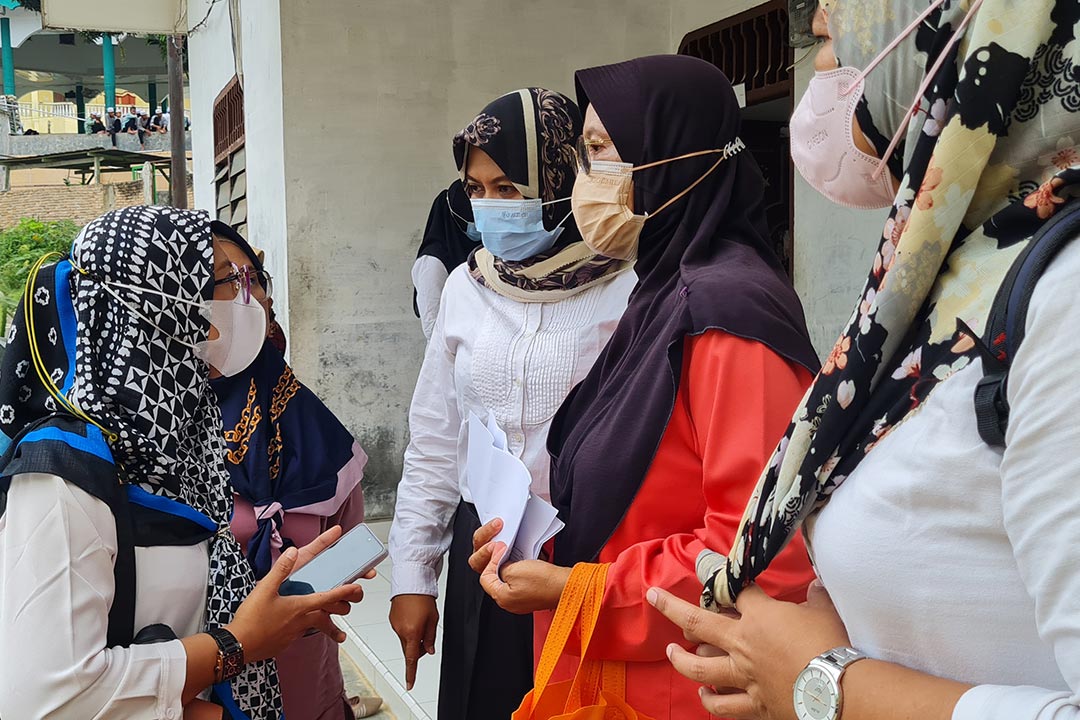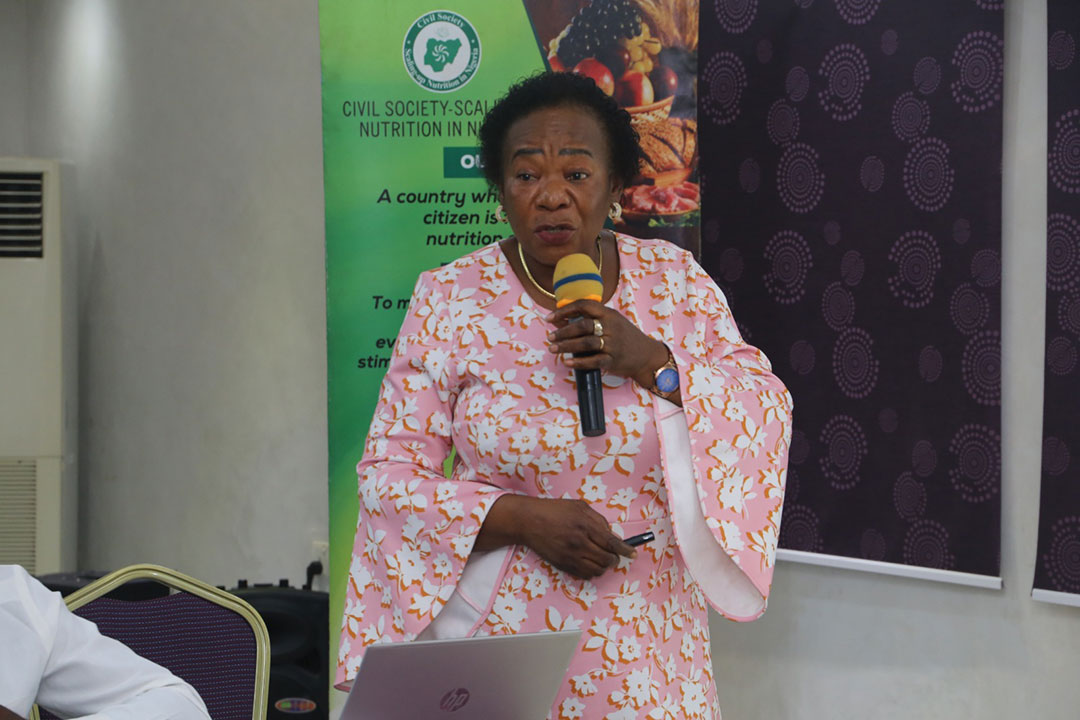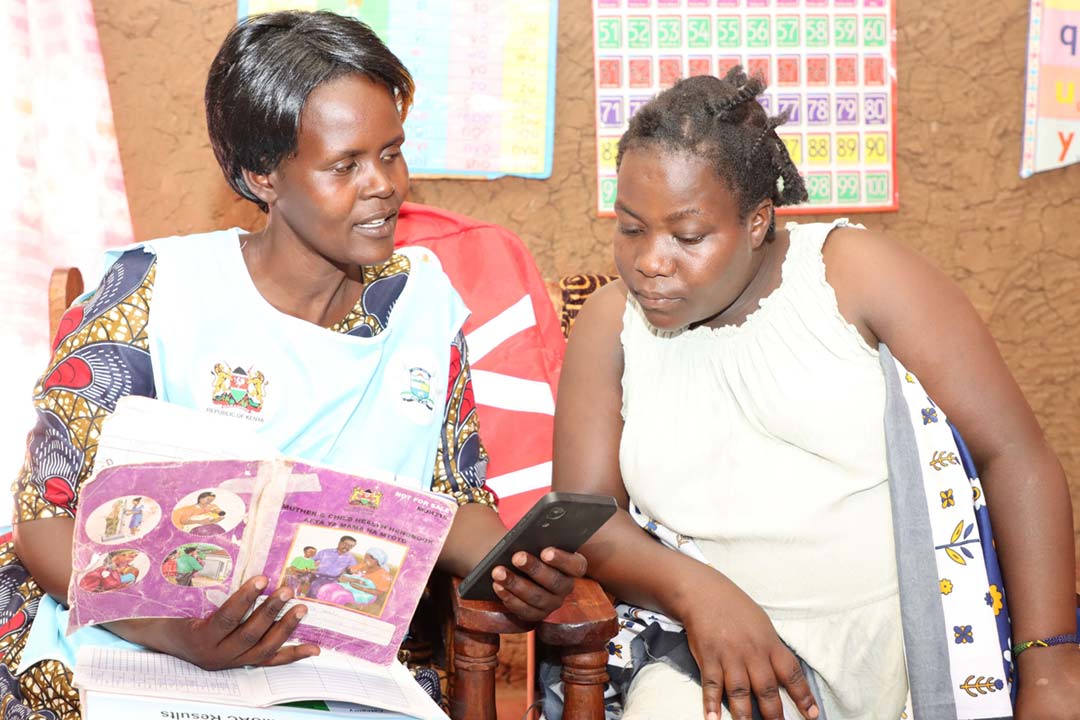Islamic organisations promote COVID-19 vaccinations in Indonesia
To tackle the COVID-19 pandemic, Islamic organisations are not only promoting vaccinations but also administering them.
- 5 September 2022
- 4 min read
- by Dyna Rochmyaningsih

In late 2019, when the news of a mysterious respiratory disease was broadcast in Indonesia, Arif Nur Kholis knew his team needed to meet.
“Based on scientific thinking, we knew that it was possible the disease would reach Indonesia,” he says.
“Scientists conduct research to comprehend God’s creatures, while Muslim scholars try to find out the relationship between God and creatures,” says the head of Nahdatul Ulama [...] The cleric is convinced that the vaccine is sent from God to save his people from the pandemic.
Kholis was the secretary of Muhammadiyah Disaster Mitigation Centre (MDMC), a division under Muhammadiyah, one of the two largest Islamic social organisations in the country.
Knowing the situation had the potential to become a humanitarian disaster, “we immediately coordinated with our health division and mapped our existing resources,” he adds.
Established in 1908, Muhammadiyah is known as a symbol of Muslim reform. Rather than seeing modern science as a threat to religious belief, the organisation embraces science as a tool for the development of Muslim communities in Indonesia. Also in 1908, Ahmad Dahlan, the founder of Muhammadiyah, established the first modern Muslim school in Yogyakarta, Indonesia. Today the organisation has 3,334 schools, more than 110 hospitals, and 60 universities (12 of which have a faculty of medicine).
Following the announcement that COVID-19 had reached the country on 2 March 2020, MDMC immediately established the Muhammadiyah COVID-19 Crisis Centre. With thousands of health workers and access to public health experts, the centre was agile and vigilant when it came to pandemic response. Muhammadiyah call centre was also one of the reliable numbers called by people who needed an ambulance and a hospital bed, and one of few organisations that secured vaccines for non-health workers.
Have you read?
Furi Indah Agustin, a citizen from Tangerang, Banten, got her first jab at the nearby Muhammadiyah university in April 2020.
“At that time, vaccines were scarce. We couldn’t find them in puskesmas (local health centre) or even in private hospitals, but I was lucky to get it from Muhammadiyah,” she says. Agustin says she got the information from her mother-in-law who is part of the Muhammadiyah women congregation in Tangerang.
“I think Muhammadiyah was at the frontline.”
Religion and vaccination
In Indonesia, religion plays a crucial role in vaccination programmes. Many Muslims seriously consider what the clerics say about the halal status of food and medicines they consume. The involvement of a large Muslim organisation like Muhammadiyah was an effective strategy to immunise 200 million people with COVID-19 vaccines. “It builds trust for the vaccines,” say Kholis.
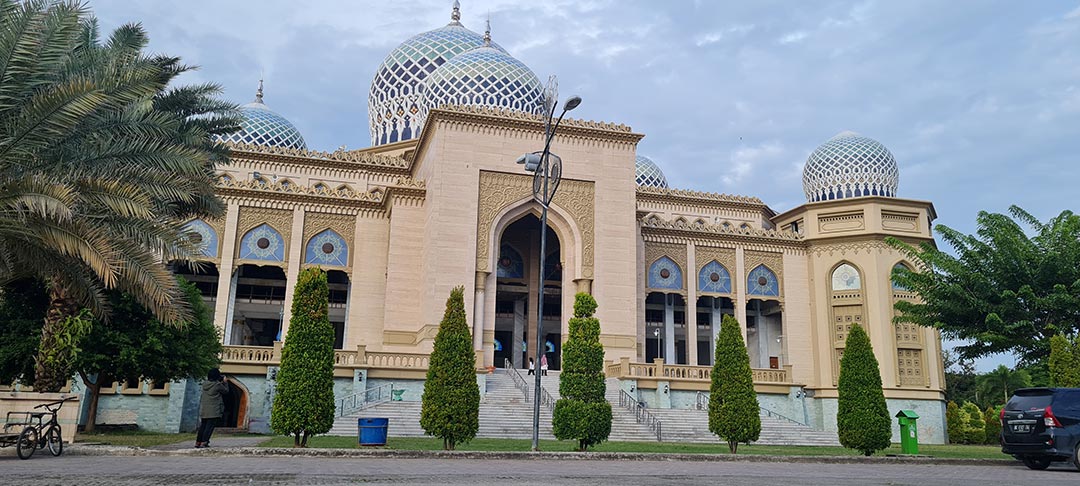
Image credit: Dyna Rochmyaningsih
Moreover, the presence of these organisations at a grassroots level has helped the government to promote and facilitate the vaccination programme in remote areas.
In 2019, the country’s measles and rubella vaccination programme was hampered by a fatwa issued by Indonesia’s Ulema Council (MUI) which stated that the vaccines used at that time were haram (forbidden). But the organisation said the vaccines could be used for the sake of public health (maslahah) and emergency (dharurah). The fatwa created confusion among Muslim parents who decided to keep their children away from the vaccines. Parents took decisions based on hoaxes and self-interpretation of the fatwa. Consequently, Indonesia reached less than 70% vaccine coverage with Aceh as the province with the lowest coverage (10%).
Learning from this mistake, Budi Gunadi Sadikin, Indonesia’s Minister of Health approached major organisations like Muhammadiyah to tackle this socio-cultural crisis.
“We (the Ministry of Health) can’t handle the COVID-19 pandemic alone; we need support from organisations like Muhammadiyah,” he said during his visit to Muhammadiyah central office in Jakarta. In addition to Muhammadiyah, he visited the office of Nahdatul Ulama, the other influential Muslim organisation in the country. Soon after the health minister meetings, both organisations declared that “COVID-19 vaccination is pure and obligatory” for Muslims.
In the meantime, KH Said Aqil Siradj, as quoted in a paper written by Asrorun Niam (a cleric in MUI), says that scientists and Muslim scholars have the shared responsibility to end the pandemic.
“Scientists conduct research to comprehend God’s creatures, while Muslim scholars try to find out the relationship between God and creatures,” says the head of Nahdatul Ulama.
Believing in the harmony between science and religion, the cleric is convinced that the vaccine is sent from God to save his people from the pandemic.
With the help of these Muslim organisations, Indonesia has reached more than 90% COVID-19 coverage.
“My friend said that vaccines were part of an evil conspiracy but I told them that it was made for the health of individuals and society as a whole,” says one of the Muhammadiyah congregation members in Tangerang.
Today, Muhammadiyah doctors are still administering COVID-19 vaccinations across the archipelago, most importantly in East Nusa Tenggara and Papua. Collaborating with USAID, the organisation is reaching unvaccinated people in the regions with the least vaccination coverage with the aim of helping to end the pandemic.
More from Dyna Rochmyaningsih
Recommended for you
